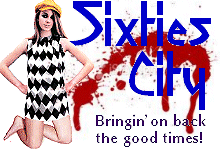

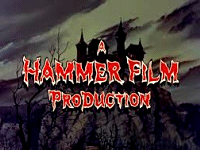
 |

|
 |
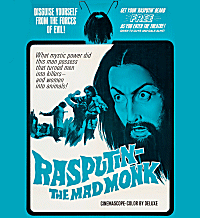 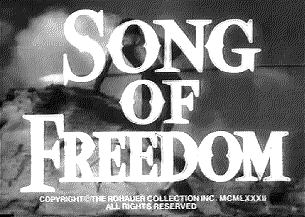 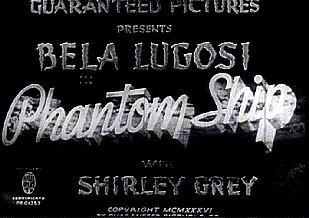 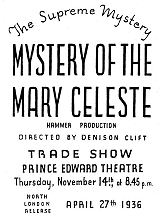  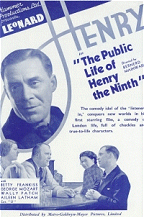 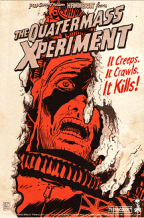 |
|
Exclusive
continued to distribute films and, because of the tie-in between the
two companies, many films around this era are incorrectly believed to
be Hammer films. With a growing demand for British-produced supporting
movies after the war, Hammer was re-formed in 1947 as a production subsidiary
of Exclusive, finally being registered as a separate company, Hammer
Film Productions Limited, in February 1949. The directors were William
Hinds, Enrique Carreras, James Carreras and Anthony Hinds. The
first production from the regenerated company was 'River Patrol' in
1948 which was followed by a succession of well-received 'Dick Barton
- Special Agent' films.
By starting co-producing with the American company Robert Lippert Productions in 1951 they gained a valuable toe-hold in the lucrative US market and began making films which starred American artists. Their first colour film was 'Men of Sherwood Forest' in 1954. Lippert was swallowed up by 20th Century Fox in 1955, the same year seeing Hammer's first really successful production which was 'The Quatermass Xperiment' , re-titled 'The Creeping Unknown' for the US market, and the decision was made to build on the success of this genre of film by remaking the old 'Dracula' and 'Frankenstein' movies. 'The Curse of Frankenstein' was the first, in 1956, followed the year after by 'Dracula', both of which were to spawn a whole series of money-making sequels and give the company the reputation which it holds today as the premiere horror-film producers. The move towards American distributors meant the gradual winding-down of Exclusive which was eventually liquidated in 1968. Michael Carreras left to form his own company in 1961 called Capricorn Films but continued to produce films for Hammer, which now included thrillers, comedies, historical ( and pre-historical! ) films and a succession of highly successful television series and movie spin-offs, on a 'freelance' basis. During the Sixties Hammer started to work with major American distributors like 20th Century Fox, Columbia Pictures and Warner Brothers and, by the end of the decade, were fast approaching their period of maximum production. The company received the Queen's Award for Industry in 1968 after having brought £4.5 million in US dollars into the UK in the preceding three years. Michael Carreras rejoined the now booming company in 1971. |
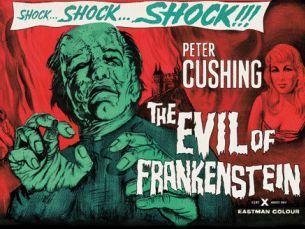 |
 The
Sixties Films of Hammer
The
Sixties Films of Hammer
|
1960 The Stranglers Of Bombay |
1961 Visa To Canton |
1962 The Phantom Of The Opera |
1963 Maniac |
1964 Kiss Of The Vampire |
|
|
1965 Fanatic |
1966 Dracula - Prince Of Darkness |
1967 The Viking Queen |
1968 The Anniversary |
1969 Frankenstein Must Be Destroyed |
Also See: Bill Harry's Sixties pages on: Scream Queens of the House That Dripped Blood The Films of Roger Corman Ingrid Pitt Barbara Steele Hammer Horror
|
|
All
Original Material Copyright SixtiesCity
Other individual owner copyrights may apply to Photographic Images |